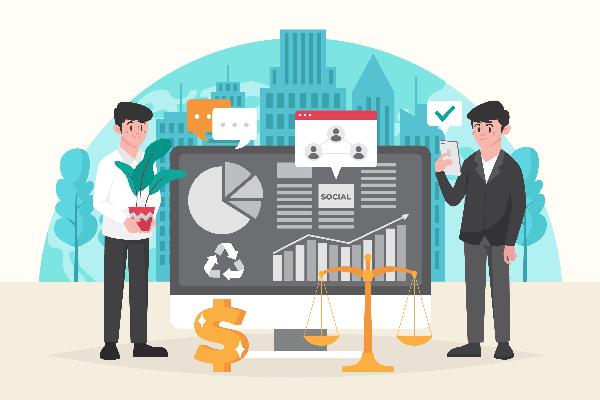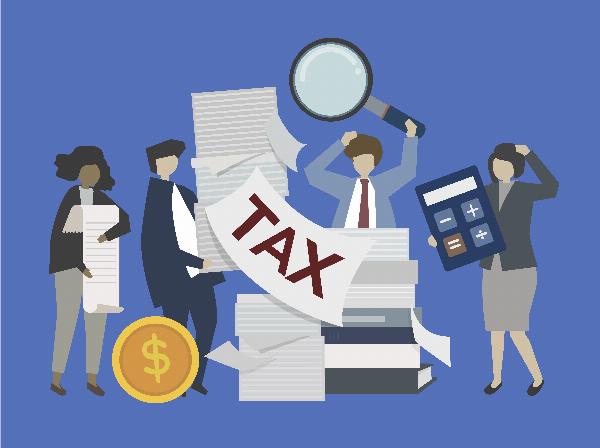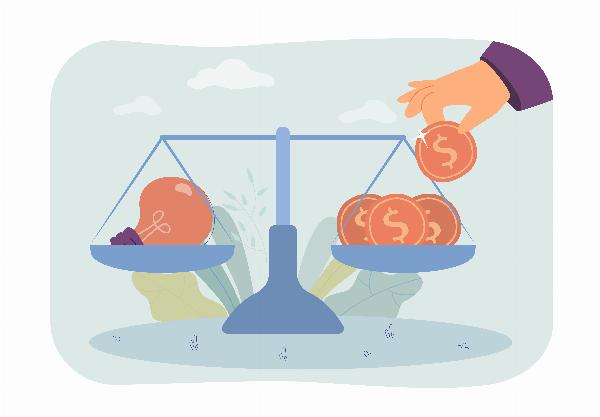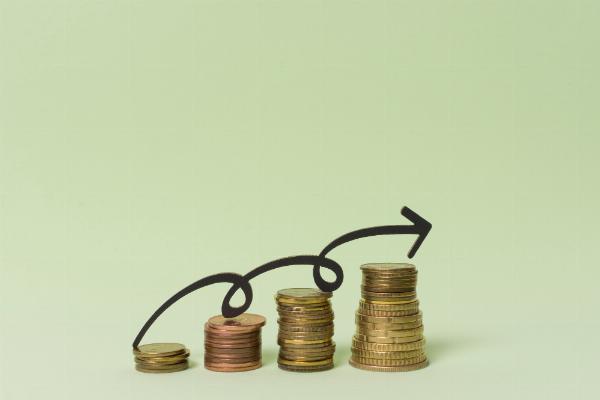Raising Wages, Raising Hope: The Social Impact of Minimum Wage Policies
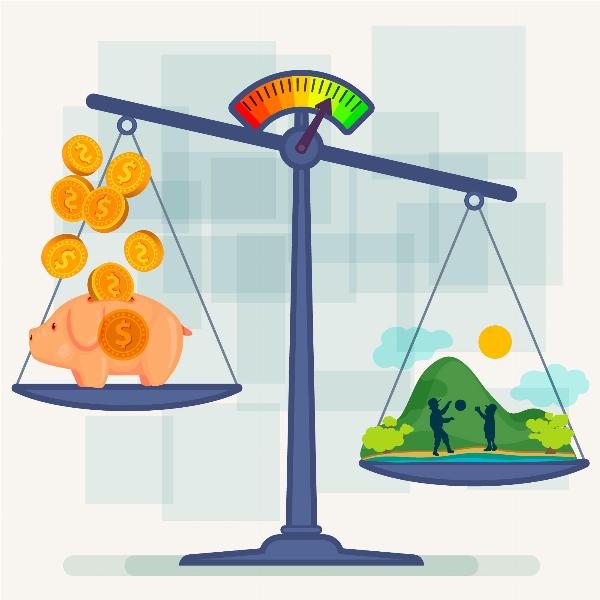
Strong 8k brings an ultra-HD IPTV experience to your living room and your pocket.
The concept of a minimum wage has long been at the center of discussions about economic fairness and social justice. Around the world, it represents a government mandate designed to ensure that employees receive a minimum income level for their work. For many, introducing minimum wage policies is not just about economics but also social equity, poverty reduction, and enabling a more hopeful future for individuals and families.
Countries like India, including the state of Goa, have implemented minimum wage policies to address income disparities, protect low-wage workers, and ultimately promote a more just society. In this article, we will explore the broader social impact of minimum wage policies and understand how such regulations raise wages and hope for millions of workers.
The Economic Case for Minimum Wage Policies
One of the fundamental reasons for introducing a minimum wage is to create a safety net for workers in the lowest-income brackets. Often, these individuals are employed in labor-intensive industries, service sectors, or informal jobs, where wages are historically suppressed. Employers might exploit these workers without a mandated minimum wage, paying them well below what is necessary to cover basic living expenses. By introducing minimum wage regulations, governments ensure that workers are paid a fair wage for their efforts, reflecting the value they add to the economy.
Benefits for Workers and Their Families:
- Increased Financial Security: Workers have greater financial stability with a minimum wage in place. They can better cover essential needs like housing, food, education, and healthcare. This stability helps reduce the cycle of poverty that many low-wage workers face.
- Better Access to Education: Higher wages enable families to invest in their children's education. Workers paid a fair wage are more likely to prioritize schooling for their children, thereby breaking generational poverty cycles and providing the next generation with better opportunities.
- Reduced Income Inequality: Setting a wage floor narrows the gap between the highest and lowest earners. This helps create a more balanced income distribution, critical for maintaining social harmony and reducing economic disparities.
Raising Living Standards: The Goa Context
In Goa, as in many other parts of India, the minimum wage policy has been instrumental in improving the quality of life for workers in various sectors, particularly tourism, construction, and retail. Goa's labor force comprises a mix of locals and migrants, many of whom have historically earned below-standard wages. Implementing the minimum wage in Goa aims to address these disparities, ensuring that workers in the state are compensated fairly for their labor.
Goa's economy, which relies heavily on tourism and hospitality, has benefitted from this wage regulation. Workers who earn fair wages contribute positively to the local economy, reinvesting their income in local businesses, education, and housing. This has a ripple effect, boosting overall economic activity within the state.
Social Implications of Minimum Wage Policies
Beyond the immediate financial impact, minimum wage policies have far-reaching social implications. These policies are pivotal in uplifting communities, promoting social justice, and contributing to national economic growth. Here are some of the key social impacts associated with minimum wage regulations:
1. Poverty Reduction
A significant portion of low-wage workers live below the poverty line. Minimum wage laws help lift workers and their families out of poverty by providing a higher income, directly correlating with improved living conditions. By increasing wages, the government indirectly reduces the need for social welfare programs, as more individuals can become self-sufficient.
2. Gender Equality
In many economies, women represent a large percentage of low-wage workers. The introduction of minimum wage policies often benefits women disproportionately, helping to narrow the gender pay gap. Women employed in sectors like domestic work, caregiving, or retail often face wage discrimination. With a set wage floor, employers must offer equitable compensation regardless of gender.
3. Health and Well-being
Workers who earn a minimum wage are more likely to access better healthcare services, nutrition, and housing. Higher wages reduce the financial stress that often leads to chronic health conditions, mental health issues, and reduced productivity at work. As a result, minimum wage policies improve physical health and enhance mental and emotional well-being.
4. Empowerment and Dignity
Financial independence gives workers a sense of dignity and empowerment. A fair wage boosts morale, increases job satisfaction, and fosters a sense of self-worth. Workers who feel respected and valued by their employers are more likely to stay in their jobs, reducing turnover rates and increasing productivity in the workplace.
The Impact on Businesses and the Economy
While minimum wage policies undeniably benefit workers, they also impact businesses and the broader economy positively and negatively. Let's examine some of the key economic effects:
1. Increased Consumer Spending
Workers who earn higher wages have more disposable income, which leads to increased consumer spending. This is particularly important in economies like Goa, where the tourism sector thrives on local spending. Workers who can afford to dine out, purchase goods, and access services create a positive feedback loop that stimulates the local economy.
2. Productivity and Efficiency Gains
Higher wages often lead to greater employee loyalty, reduced absenteeism, and improved productivity. Workers who feel adequately compensated are likely to perform better, take fewer sick days, and remain committed to their jobs. For businesses, this translates into lower turnover costs and higher efficiency.
3. The Potential for Job Losses
One of the main criticisms of minimum wage policies is that they may lead to job losses, particularly for small businesses that cannot afford to pay higher wages. While this concern is valid, studies have shown minimal overall impact on employment, especially in sectors that rely on low-wage labor. Businesses often adapt by raising prices slightly or investing in technology to improve efficiency.
4. Encouraging Innovation
When businesses are forced to pay higher wages, they often look for innovative solutions to maintain profitability. This could involve adopting new technologies, improving employee training programs, or shifting business models. In the long term, this drive for Innovation can lead to more sustainable and competitive enterprises.
The Global Debate: Striking the Right Balance
The debate over the effectiveness of minimum wage policies is ongoing, with economists and policymakers weighing the pros and cons. While there is broad consensus that these policies are necessary to protect vulnerable workers, the key challenge lies in setting the right wage level. A minimum wage that is too low will not achieve its social objectives, while one that is too high may strain businesses and lead to job losses.
Many countries have gradually increased the minimum wage incrementally over time to allow businesses to adjust. In Goa, policymakers have followed this path, ensuring that the minimum wage is periodically reviewed and adjusted to account for inflation and changes in the cost of living. This approach helps balance protecting workers' rights and sustaining business growth.
Conclusion
Minimum wage policies are far more than just a financial measure; they are a tool for social change and empowerment. By raising wages, governments can help uplift communities, reduce poverty, promote gender equality, and ensure all workers are treated with dignity and respect.
In Goa and beyond, minimum wage policies have proven essential to economic and social development. While challenges remain in finding the right balance between wages and job sustainability, the overall impact of these policies is overwhelmingly positive. With thoughtful implementation and regular adjustments, minimum wage policies will continue to be a powerful force in raising hope and improving the lives of millions of workers across the globe.
Note: IndiBlogHub features both user-submitted and editorial content. We do not verify third-party contributions. Read our Disclaimer and Privacy Policyfor details.



